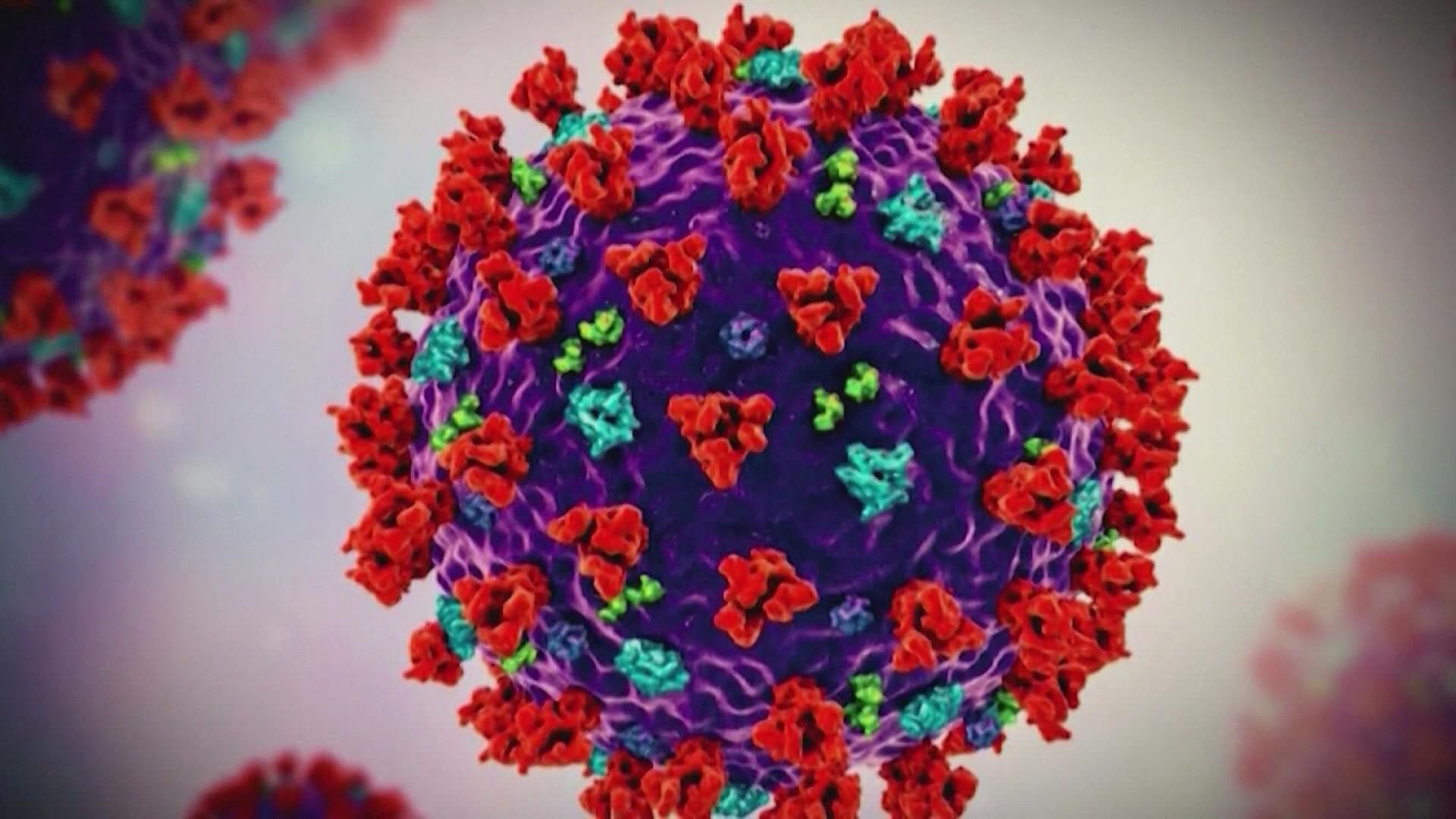SEATTLE — Projections from the University of Washington reveal that three billion people are expected to be infected with the COVID-19 omicron variant over the next few months.
Researchers at the University of Washington Institute for Health Metrics & Evaluation released the data Wednesday.
That number represents about 40% of the world's population. That’s as many people as have had COVID since the pandemic began almost two years ago.
The good news, according to Dr. Chris Murray, Director of IHME at the UW School of Medicine, is that “omicron is much less severe, so if you get infected, it’s much better than being infected with Delta.”
Conversely, because omicron spreads much faster than delta, health experts say it will put a similar – if not worse – strain on hospitals and clinics this winter.
“From hospitals’ point of view, they’re still going to see a ton of patients because there’s just so much transmission,” said Murray.
The university's data predicts the worst of the surge will be in mid-January, with 35 million global infections every day, which is nearly three times the delta peak in April.
RELATED: Experts predict Washington could see nearly 40,000 new COVID-19 infections per day in February
"Some parts of the state will be overwhelmed simply because they don’t have the capacity to increase the beds or ICU,” said Dr. Ali Mokdad, an epidemiologist at the UW School of Medicine.
His advice for people who want to get together for the holidays is simple: be careful.
“If you’re vaccinated, test yourself before you (spend time with) loved ones,” he said, “because it’s very likely that you can be asymptomatic, with no symptoms whatsoever."
He recommended looking out for those who aren't vaccinated yet, especially children, or people who are immunocompromised.
"Also, we don’t know the long-term effects of omicron, especially on children,” said Mokdad.

